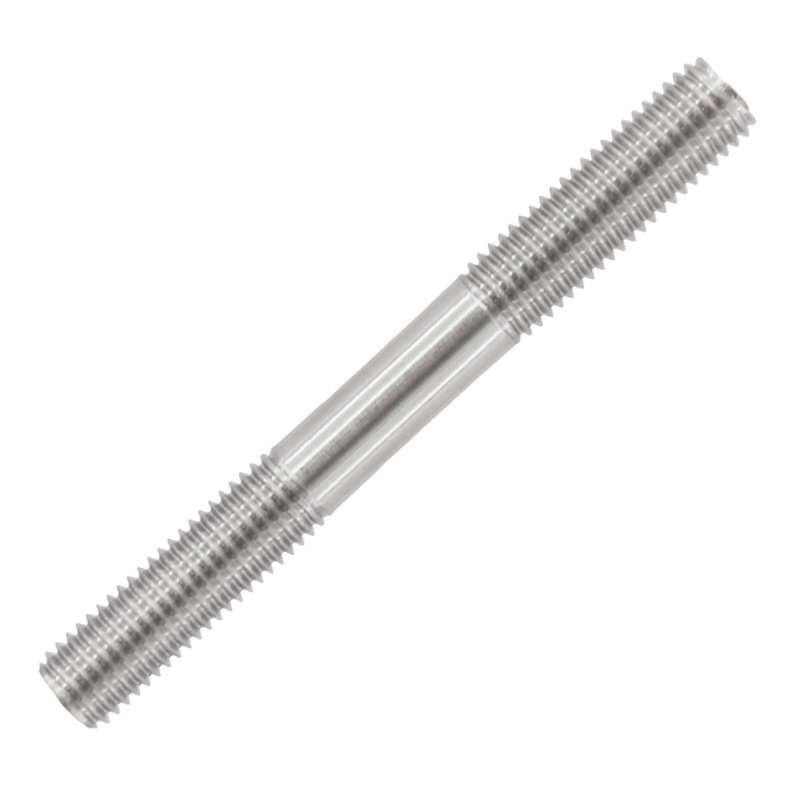

Durable Stainless Steel Washers for Various Applications and Enhanced Performance
Nov . 24, 2024 23:39 Back to list
Durable Stainless Steel Washers for Various Applications and Enhanced Performance
Exploring the World of Stainless Steel Washers
Stainless steel washers are often overlooked components in a vast array of mechanical and structural applications. However, their importance cannot be overstated. These small, disc-shaped pieces serve a vital role, providing support, load distribution, and preventing damage to surfaces when fasteners are tightened. In this article, we will delve into the types, uses, benefits, and considerations for stainless steel washers, highlighting their significance in various industries.
What are Stainless Steel Washers?
Washers are thin plates, usually made of metal or plastic, with a hole in the center that is used with a bolt or screw. Stainless steel washers are specifically made from stainless steel, an alloy that contains a minimum of 10.5% chromium, which provides resistance to corrosion and oxidation. This makes stainless steel an ideal material for washers that will be used in environments exposed to moisture and chemical elements.
Types of Stainless Steel Washers
There are several types of stainless steel washers, each designed for specific applications
1. Flat Washers The most common type, flat washers are simple disc-shaped washers that distribute the load over a greater area. They help prevent damage to the surface of the material being fastened and maintain the integrity of the assembly.
2. Lock Washers These washers are designed to prevent loosening under vibration. They come in various forms, such as split lock washers, which have a split within the washer allowing it to grip both the bolt and the substrate. Toothed lock washers also exist, featuring teeth that dig into the surface to create a secure hold.
3. Belleville Washers Also known as disc springs, these conical washers can be stacked to provide a spring effect. They are useful in applications that require a certain amount of compression and can help maintain tension in bolted joints over time.
4. Sealing Washers These washers incorporate a rubber or neoprene seal to prevent leaks in plumbing applications or in environments where air and liquid containment is crucial.
Benefits of Stainless Steel Washers
Choosing stainless steel washers offers numerous advantages
stainless washers

- Corrosion Resistance One of the primary benefits of stainless steel is its inherent ability to resist rust and corrosion. This makes stainless steel washers ideal for outdoor applications, in marine environments, and in industries where exposure to harsh chemicals is common.
- Durability Stainless steel washers exhibit excellent mechanical strength and durability. They can endure heavy loads and withstand significant wear and tear over time.
- Versatility Due to the variety of types available, stainless steel washers can be used in different applications across multiple industries, including construction, aerospace, automotive, and manufacturing.
- Temperature Resistance Stainless steel shows resilience at extreme temperature ranges, making these washers suitable for high-temperature applications without losing structural integrity.
Applications of Stainless Steel Washers
The applications for stainless steel washers are extensive. In construction, they are commonly used in bolted joints to prevent damage to the materials being fastened. In the automotive industry, stainless steel washers are found in various components, from engines to body assemblies. They play a crucial role in machinery and equipment, where they help maintain alignment and distribute loads evenly.
In plumbing, sealing washers are vital for preventing leaks in pipes, faucets, and valves. The chemical industry also relies on stainless steel washers for their non-reactive properties, ensuring safe and effective operation of equipment.
Considerations When Choosing Stainless Steel Washers
When selecting stainless steel washers for your application, consider factors like the grade of stainless steel, size, and the type of washer. Different grades, such as 304 and 316 stainless steel, provide varying levels of corrosion resistance, with 316 offering superior protection against chloride environments.
Additionally, ensure that the washer’s dimensions match the fasteners being used for optimal performance. Always consider the specific demands of your application to select the right type of washer.
Conclusion
Stainless steel washers may seem like simple components, but their impact on various industries is significant. From ensuring the longevity of structures to maintaining the efficiency of machines, these washers are indispensable in everyday applications. Understanding their types, benefits, and applications is essential for anyone involved in construction, manufacturing, or mechanical design. With their robust properties and versatility, stainless steel washers continue to be a trusted choice for professionals across the globe.
Latest news
-
High-Strength Hot-Dip Galvanized Bolts-Hebei Longze|Corrosion Resistance&High Strength
NewsJul.30,2025
-
Hot Dip Galvanized Bolts-Hebei Longze|Corrosion Resistance&High Strength
NewsJul.30,2025
-
Hot Dip Galvanized Bolts - Hebei Longze | Corrosion Resistance, High Strength
NewsJul.30,2025
-
High-Strength Hot Dip Galvanized Bolts-Hebei Longze|Corrosion Resistance, Grade 8.8
NewsJul.30,2025
-
Hot Dip Galvanized Bolts-Hebei Longze|Corrosion Resistance,High Strength
NewsJul.29,2025
-
High-Strength Hot Dip Galvanized Bolts - Hebei Longze Metal Products Manufacturing Co., Ltd.|corrosion resistance&high strength
NewsJul.29,2025

